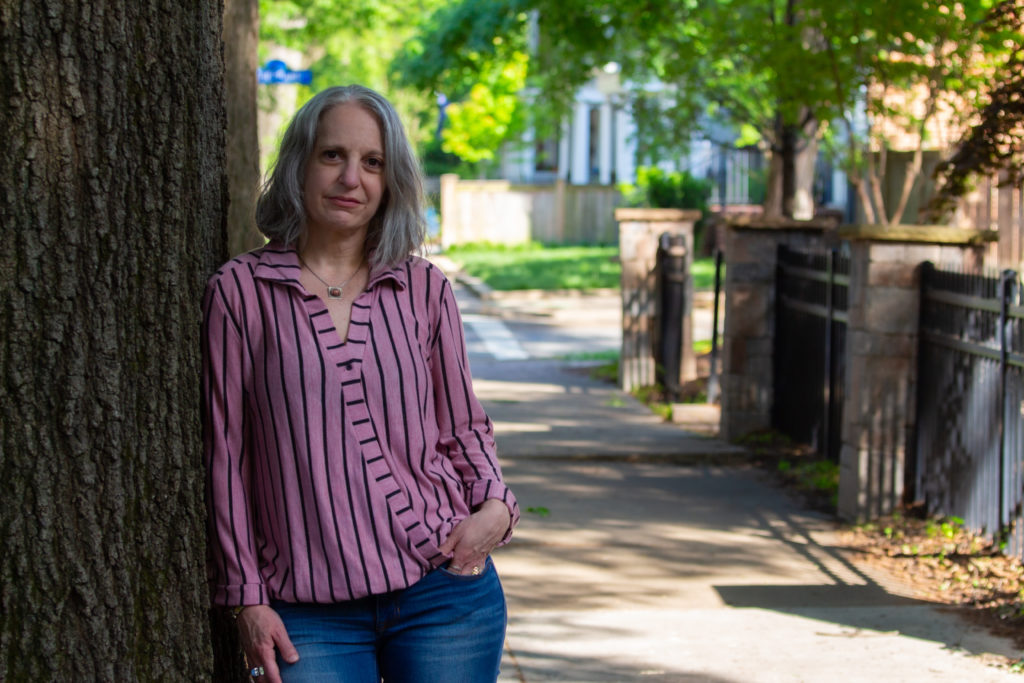
The term ageism is more than fifty years old, coined by the late Dr. Robert N. Butler, who became the first director of the National Institute on Aging, in 1976. Yet my sense is that it is not necessarily universally understood as a concept, especially regarding where it fits in within overall constructs such as gerontology and longevity.
One of today’s most respected experts on ageism is Dr. Tracey Gendron, Chair, Gerontology VCU/Virginia Commonwealth University; and Executive Director, Virginia Center on Aging. She is also the author of Ageism Unmasked: Exploring Age Bias and How to End It, published last year.
I discovered Tracey’s work last year, indirectly, through that book. After my blog post “55 Select Books on Longevity and Productive Aging” went online in October, I heard from the social gerontologist Jeanette Leardi, who suggested I add Tracey’s book to the list, which I did. Tracey was also quoted in Jeanette’s September 9, 2022 Next Avenue article “Should Age Be on the Ballot?”
I’m grateful to Tracey for answering my questions below about her work, teaching, and research.
For the non-specialist reader, how would you characterize your academic research as well as that for your book Ageism Unmasked: Exploring Age Bias and How to End It?
There is an abundance of research demonstrating how ageism is harmful to our health, happiness and longevity. My own research is focused on how ageism is communicated in personal and professional settings and how ageism directed at those older and younger than ourselves creates a cycle of prejudice.
One of my primary intentions for the book was to translate these decades of dry research into a compelling narrative that anyone could pick up and find interesting. I hope I’ve created something that helps people discover why ageism is harmful and what can be done in our everyday lives to challenge some long-held negative associations about aging.
In general, are there crucial differences between the study of and work related to ageism/age-related bias to that specifically of gerontology as a broad field of study and inquiry?
Understanding ageism is foundational to the study of gerontology. When the subject of aging is brought up, many people think about it as a process of physical decline. As mortal beings, this is undoubtedly one part of the aging experience, but it is far from the totality of aging. Aging is about growth, maintenance and adaptation, as well as physical decline. Understanding aging as a holistic process is a core foundation of gerontology, which describes aging as the biological, psychological, social, and spiritual processes of change over time. As a field of study, gerontology fills in the gaps in our understanding of aging, raises awareness of ageism, and promotes a strengths-based view of elderhood.
Can you describe your duties/responsibilities as executive director of the Virginia Center on Aging (VCoA)?
The Virginia Center on Aging and the Department of Gerontology at Virginia Commonwealth University are driven by a mission to advance health, well-being, and equity for the elders of today and tomorrow. As the Executive Director of the VCoA and the Chair of the Department of Gerontology, I focus on educating the next generation of gerontologists, conducting and disseminating research on best practices, and identifying and responding to evolving community needs. I have the honor of working with an incredible team of talented people that are passionate about creating inclusive communities that value people at all ages and stages of life.
